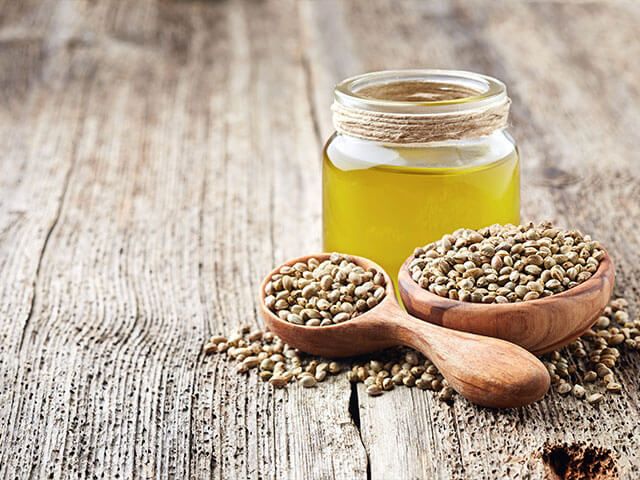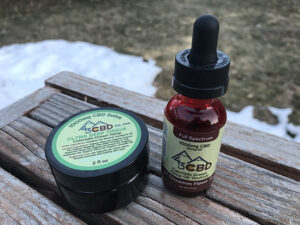The Benefits of Hemp Seeds

Seeds are a fundamental part of vegan and other healthy diets. Hemp seeds are among the most beneficial seeds that are a very good superfood for health and nutrition. This post explains the most important hemp seed benefits.
Nutritional content.
According to the U.S. Department of Agriculture’s National Nutrient Database, two tablespoons of hemp seeds’ nutritional value presents the following nutrients:
- 111 calories
- Protein, 6.3 g
- Fat, 9.8 g
- Carbohydrates, 1.7 g (including fiber, 0.8 g, and sugar 0.3).
With those same 2 tablespoons, you get 32% of the required daily dose of magnesium, 11% of iron, and 15% of zinc.
3 tablespoons of hemp seeds provide 33 milligrams of folic acid and potassium in the same amount as a small banana. Hemp seeds are also ideal for diets, due to the amount of fiber they add.
Main health benefits of hemp seeds
Because of its nutritional properties, hemp seeds properties provide a number of health benefits such as:
Healthy fats
According to the American Heart Association, the ideal intake of DHA and EPA is 1,000 mg daily. These fatty acids are important. One source of these omega-3 fatty acids is fish; which is not vegan. But you don’t really need fish to get the ideal intake of DHA and EPA. You can get it from a vegan omega-3 supplement that includes both.
Hemp is a good plant source of concentrated omega-3 fatty acids. However, these fatty acids present in hemp are alpha-linoleic acids (ALA), which take considerable time to convert to DHA and EPA in the body, just 2-10% of the time.
Despite the ineffectiveness of this type of conversion, hemp is an excellent source of ALA, so it is still considered a very good source of healthy fat, especially for those who do not include fish or eggs in their diet.
In addition, hemp provides a particular omega-6 fatty acid, called GLA, which is not present in any other food. Hemp oil contains a higher percentage of GLA.
Edible hemp seeds are also rich in phytosterols, which help lower the amount of cholesterol in the body by eliminating fatty deposits in the arteries.

Source of Protein
Hemp also contains all 9 essential amino acids, making it an excellent source of plant-based protein. Another advantage is that hemp does not contain phytates, which are present in many plant-based protein foods, which can hinder the absorption of essential minerals. Feel free to visit Hemponix to find more useful information.
Source of magnesium
It is important to remember that magnesium is linked to neuromuscular transmission as well as muscle activity and relaxation. Hemp, being rich in this mineral, favors all of the above.
Magnesium deficiency – which is more common in older people – is related to pathologies such as insulin resistance, coronary heart disease, metabolic syndrome, and osteoporosis. Seeds such as hemp, as well as nuts, are some of the best sources of magnesium.
They can be consumed as a mid-morning nut or as a snack. It is ideal for use in weight loss diets and can also be consumed by diabetics. People who are constantly active can consume a handful of hemp seeds daily.
Hemp can not only be found in seeds but also in oil and even in vegetable milk. It should be clarified that it is advisable to consume the seeds peeled since the shell is not digested. Otherwise, it is a food that is worth including in the diet.



